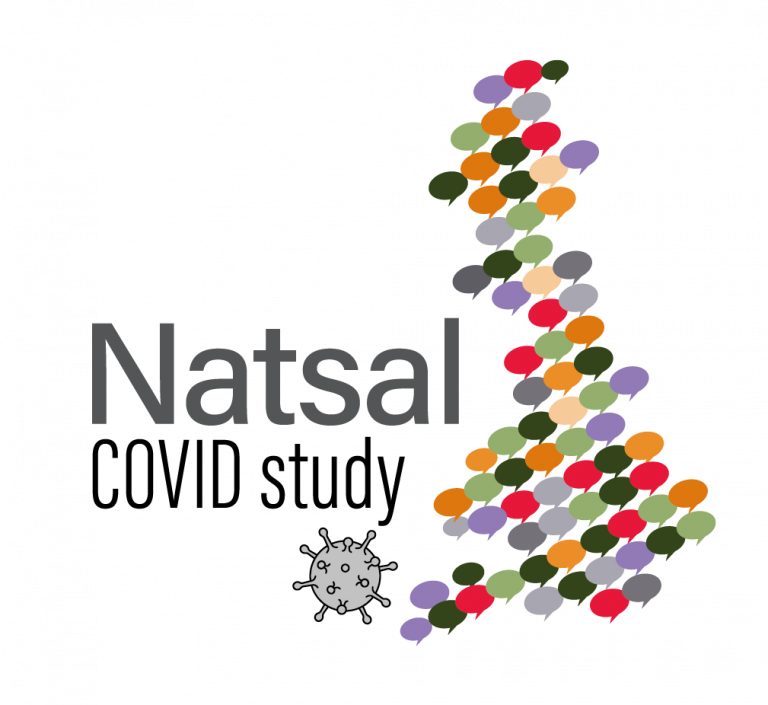Examining how sexual and reproductive health (SRH) has been affected by the COVID-19 pandemic.
Project Summary
Like many important aspects of health and wellbeing, sexual and reproductive health (SRH) has been greatly affected by the COVID-19 pandemic.
Measuring and monitoring SRH is crucial given the potential for recent drastic changes in people's behaviours and in the delivery of SRH services.
The initial response to COVID-19 involved a rapid contraction of SRH services, with many halted (e.g asymptomatic STI testing) and only people with severest symptoms seen face-to-face.
During the first nationwide lockdown (from 23rd March 2020), UK citizens were effectively banned from intimate contact with anyone outside their household for a three-month period. The Natsal-COVID study aims to provide high-quality data to assess how these measures impacted sexual and reproductive health.
The Natsal-COVID study team worked with Ipsos MORI to run a web-panel survey of 6,500 people aged 18-59 years across Britain, capturing data on sexual behaviour, sexual relationships and service use during the four months following the first national lockdown in March 2020.
 Close
Close


